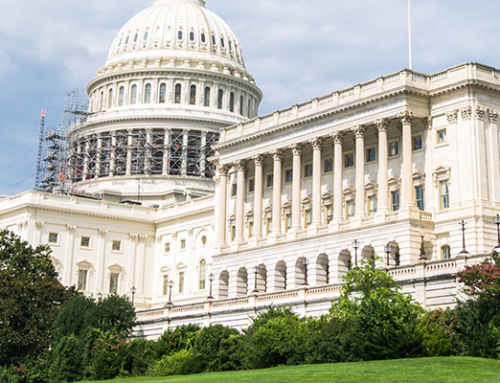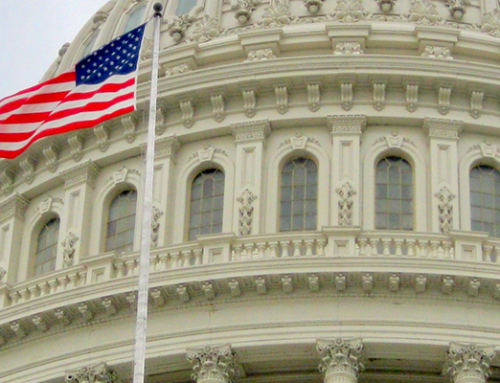UWC delivered a letter to the Chairman and Ranking Minority Members of the House Ways and Means Committee and the Senate Finance Committee, opposing the imposition of a proposed new federal reporting mandate that would cost employers billions of dollars of compliance and administrative costs.
We have also drafted a sign on letter and request that you join us in opposing this costly new federal mandate. A sign on letter is also attached. If you would like to add your name to the list opposing this specific section please email Doug Holmes.
Background
Section 913 of the “customs” bill that was passed by the Senate was originally proposed in concept in the Senate Finance Committee, but the impact of the language was unclear and the initial scoring note at committee indicated that there would be no cost or the cost would be diminimus. As the actual language was drafted it became clear that the cost would be substantial for employers and state agencies.
The “customs” bill was enacted as an amendment to HR 644 with language included from S 1269 http://www.gpo.gov/fdsys/pkg/BILLS-114s1269pcs/pdf/BILLS-114s1269pcs.pdf,
The Congressional Budget Office scored this provision as part of the overall bill in its review at http://www.cbo.gov/sites/default/files/114th-congress-2015-2016/costestimate/TradeFaciliationandTradeEnforcementAct.pdf and concluded that the provision would impose significant new administrative costs to state agencies administering unemployment insurance (UI) compensation programs because those agencies would need to increase administrative staff to collect, code, maintain, and report on new occupational data, as well as to educate affected employers about the changes. Many state agencies, especially those using older UI systems, would likely need to invest in new software systems or undertake major redesigns, as well as invest in additional data storage capacity. Depending on the extent to which state agencies would need to undertake those activities, CBO estimates that the new administrative costs to states could exceed $50 million over the 2016-2025 period, with most of those costs in the early years as systems are adapted.
CBO estimates the cost for employers at hundreds of millions of dollars in the first year and the total cost would depend on the type of additional information employers would be required to provide.
UWC has expressed concern about the unfunded mandate that this specific section would impose on all employers with Senator Cantwell’s staff, the staff on point for Finance Committee Chairman Hatch and House Ways and Means staff. A similar provision was not included in the House passed “customs” bill. There is a recognition that this provision would be a significant unfunded mandate for employers but to assure that it is not included in the final “customs” bill negotiated between the Senate and the House we need to show opposition from employers and the state agencies that would be charged with administration of this provision with no additional administrative funding.
The attached letter is targeted only to this specific section of the “customs” bill so as not to affect consideration of the separate Trade Promotion Authority bill.
Section 913 of this bill as passed includes the language that imposes new and substantial reporting requirements on all employers costing at least hundreds of millions of dollars (per CBO). The Section provides in part:
‘‘(g)(1) Beginning January 1, 2017, each quarterly wage report required to be submitted by an employer under subsection (a)(3) shall include such occupational information with respect to each employee of the employer
that permits the classification of such employees into occupational categories as found in the Standard Occupational Classification (SOC) system.
‘(2) The State agency receiving the occupational information described in paragraph (1) shall make such information available to the Secretary of Labor pursuant to procedures established by the Secretary of Labor.
‘(3)(A) The Secretary of Labor shall make occupational information submitted under paragraph (2) available to other State and Federal agencies, including the United States Census Bureau, the Bureau of Labor Statistics, and other State and Federal research agencies.
‘‘(B) Disclosure of occupational information under subparagraph (A) shall be subject to the agency having safeguards in place that meet the requirements under paragraph (4).
‘(4) The Secretary of Labor shall establish and implement safeguards for the dissemination and, subject to paragraph (5), the use of occupational information received under this subsection.
‘(5) Occupational information received under this subsection shall only be used to classify employees into occupational categories as found in the Standard Occupational Classification (SOC) system and to analyze and
evaluate occupations in order to improve the labor market for workers and industries.
‘(6) The Secretary of Labor shall establish procedures to verify the accuracy of information received under paragraph (2).’’





